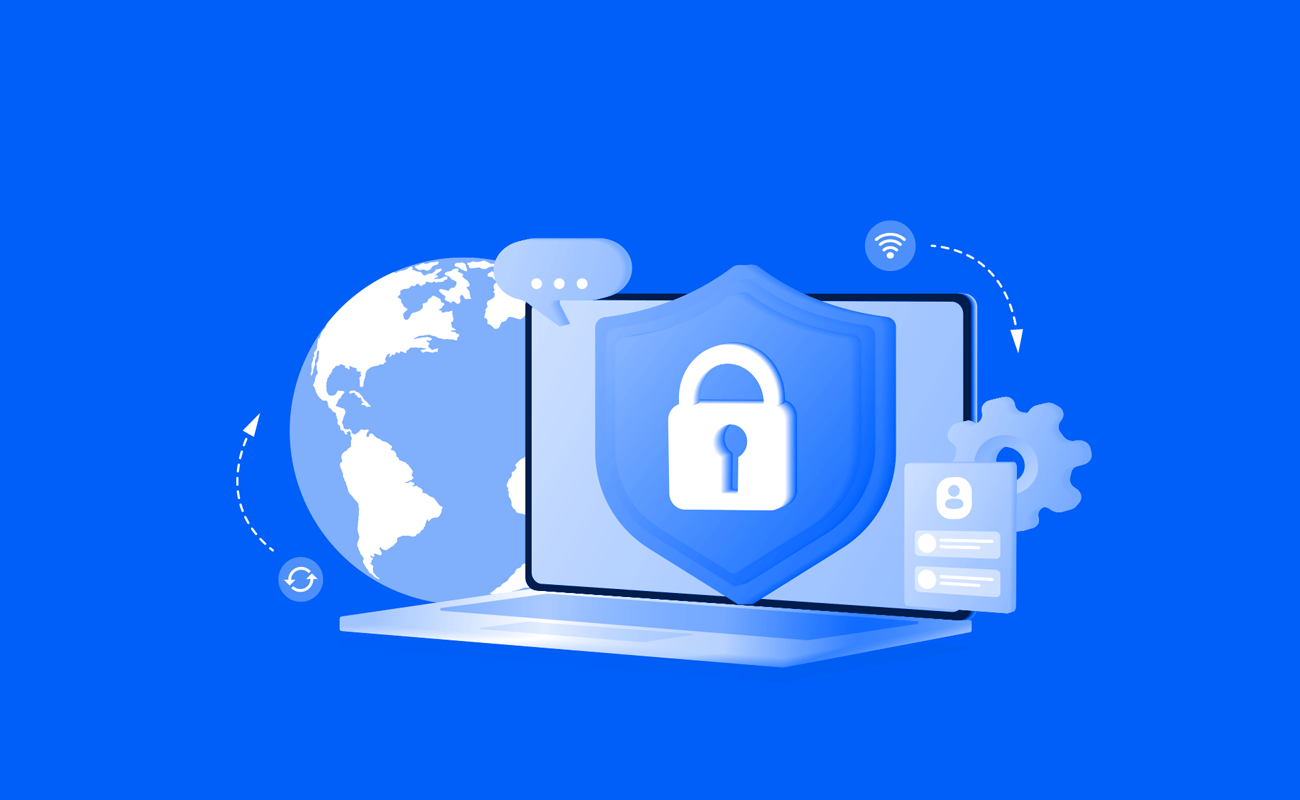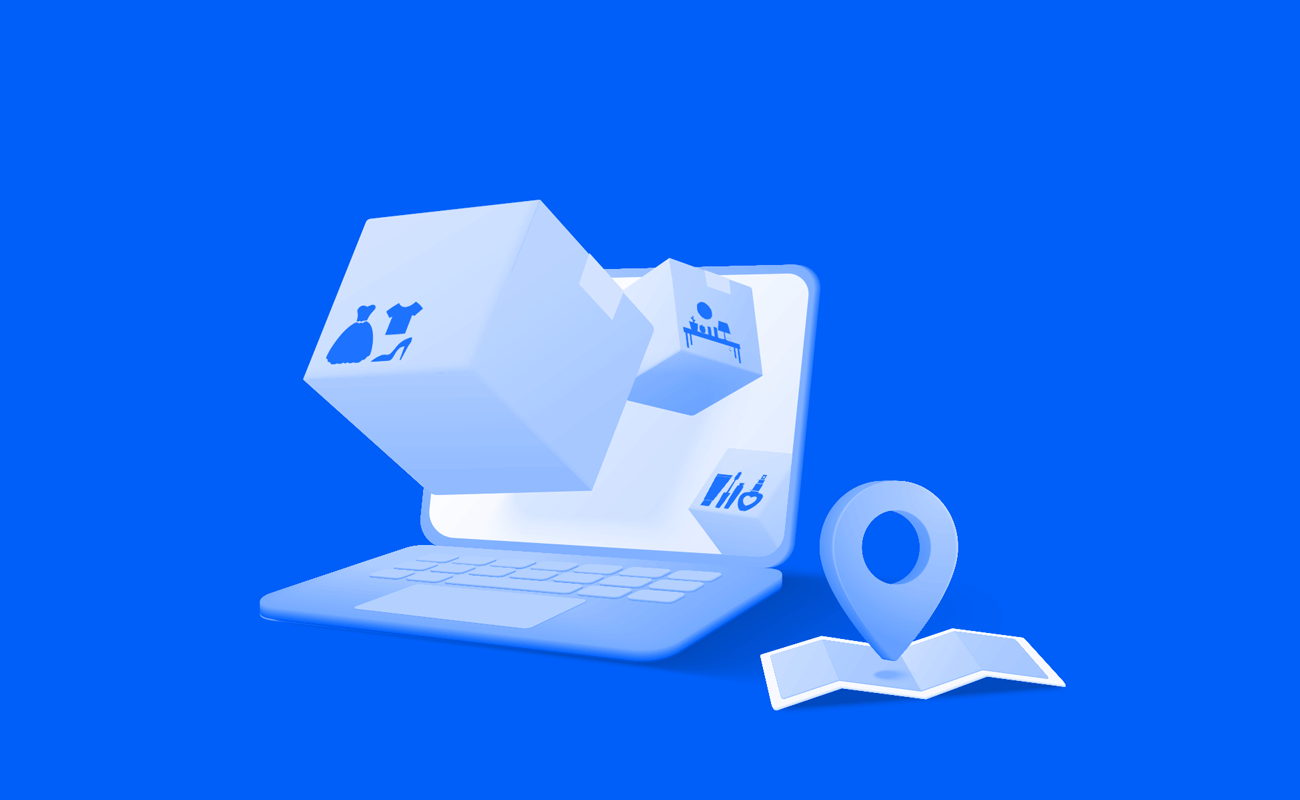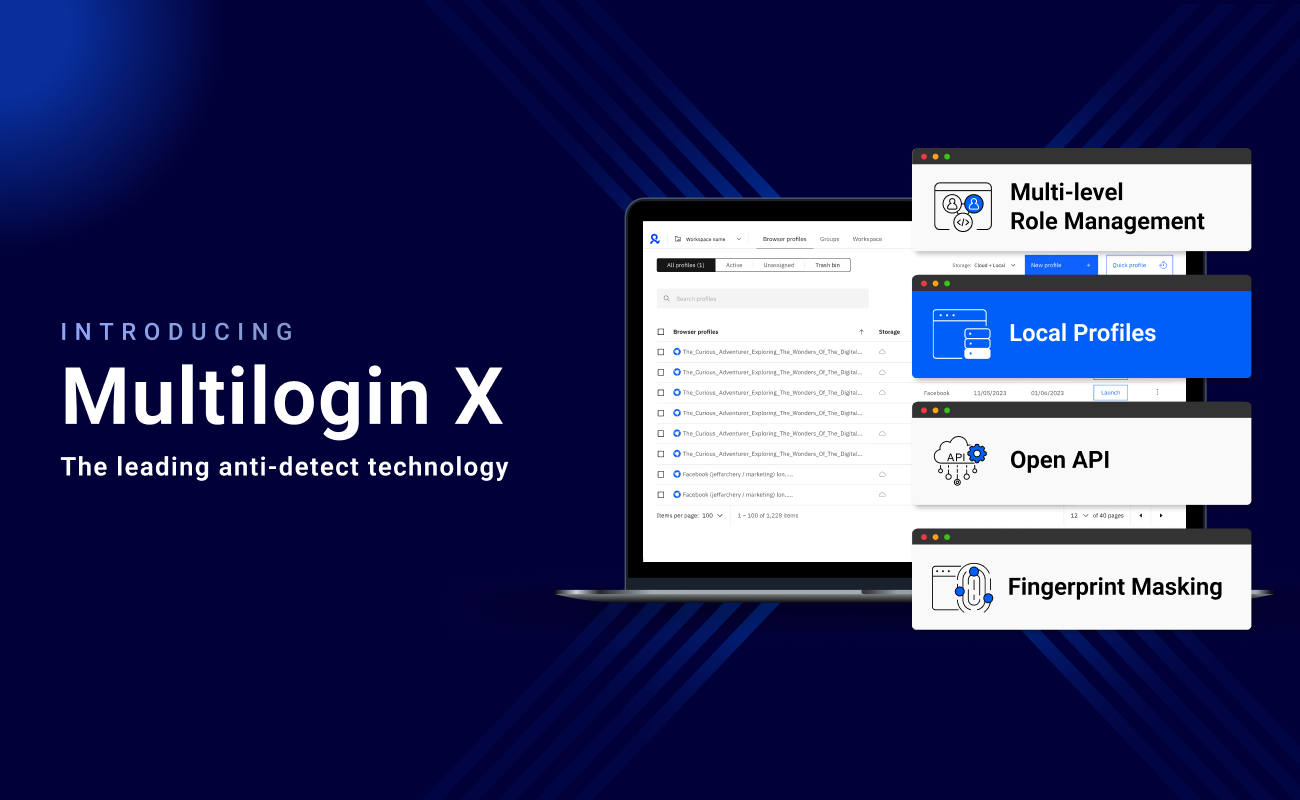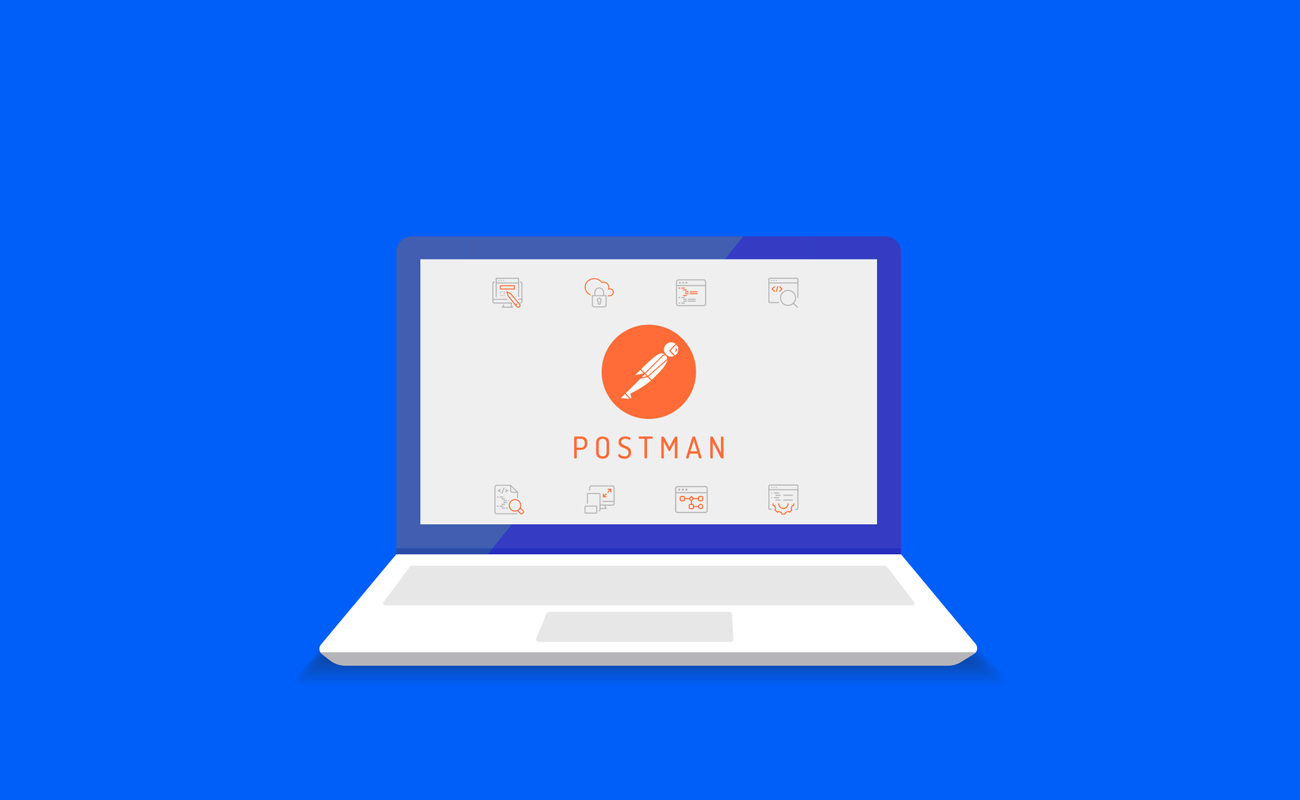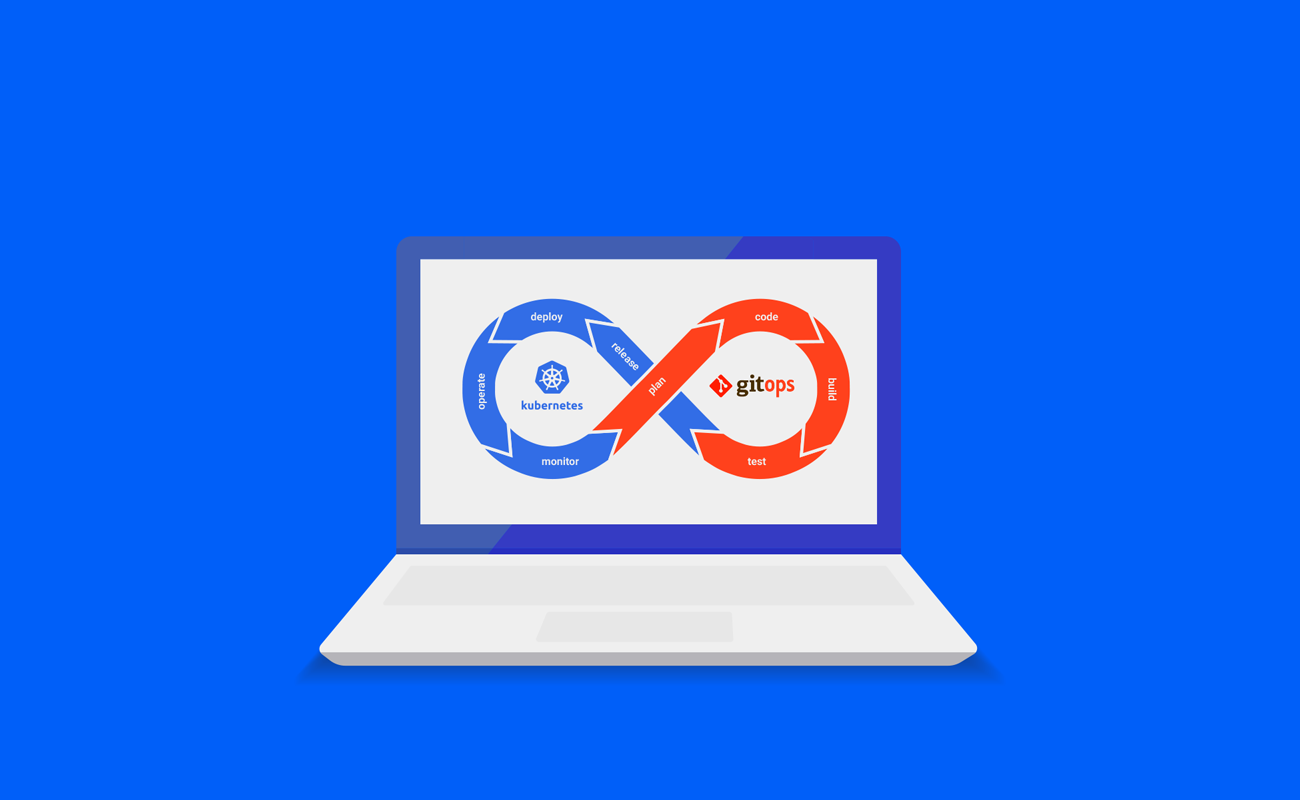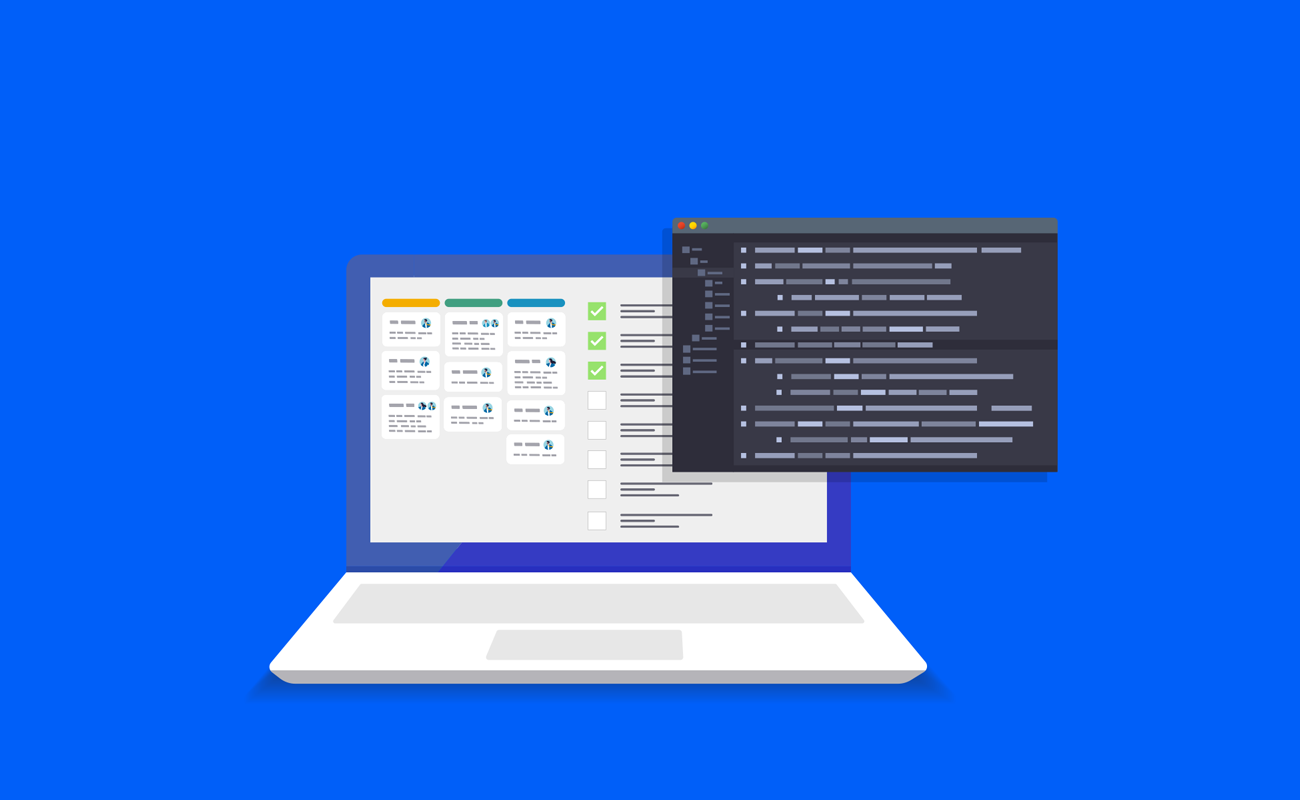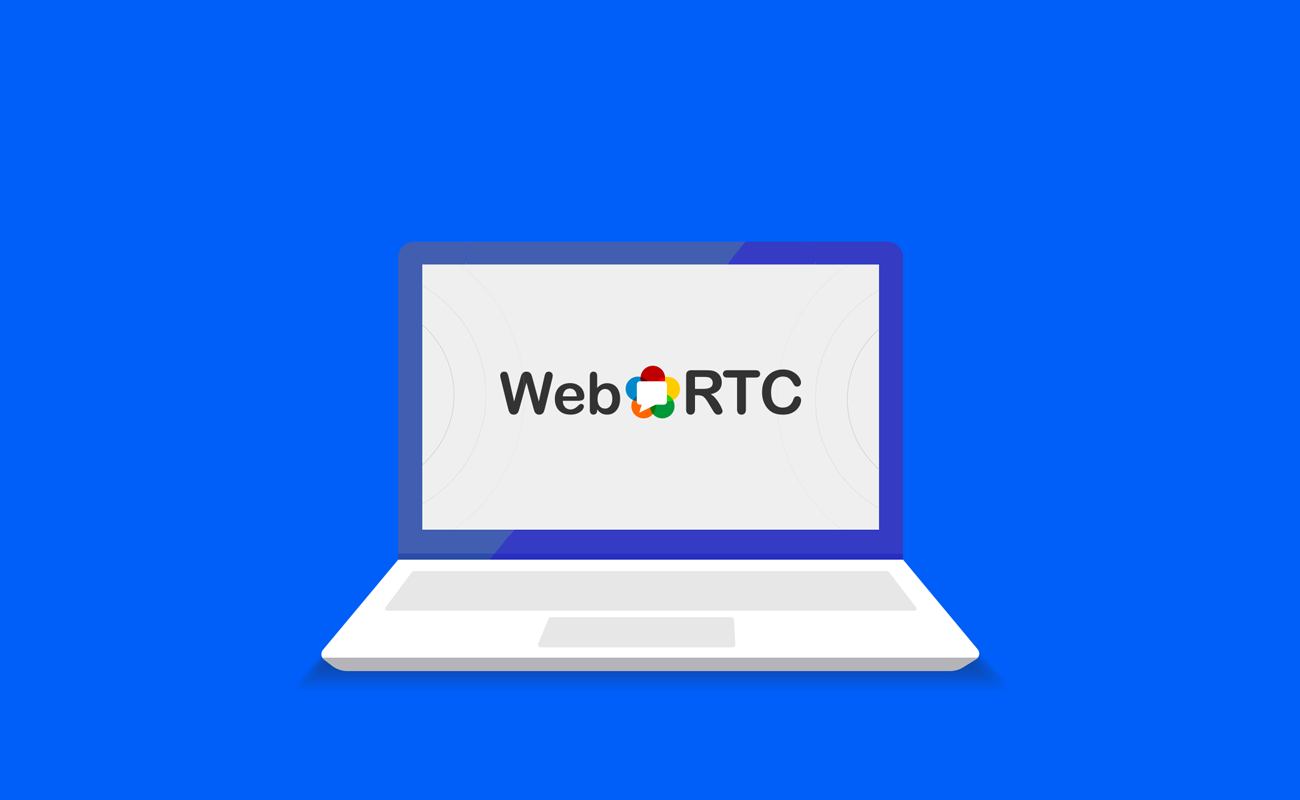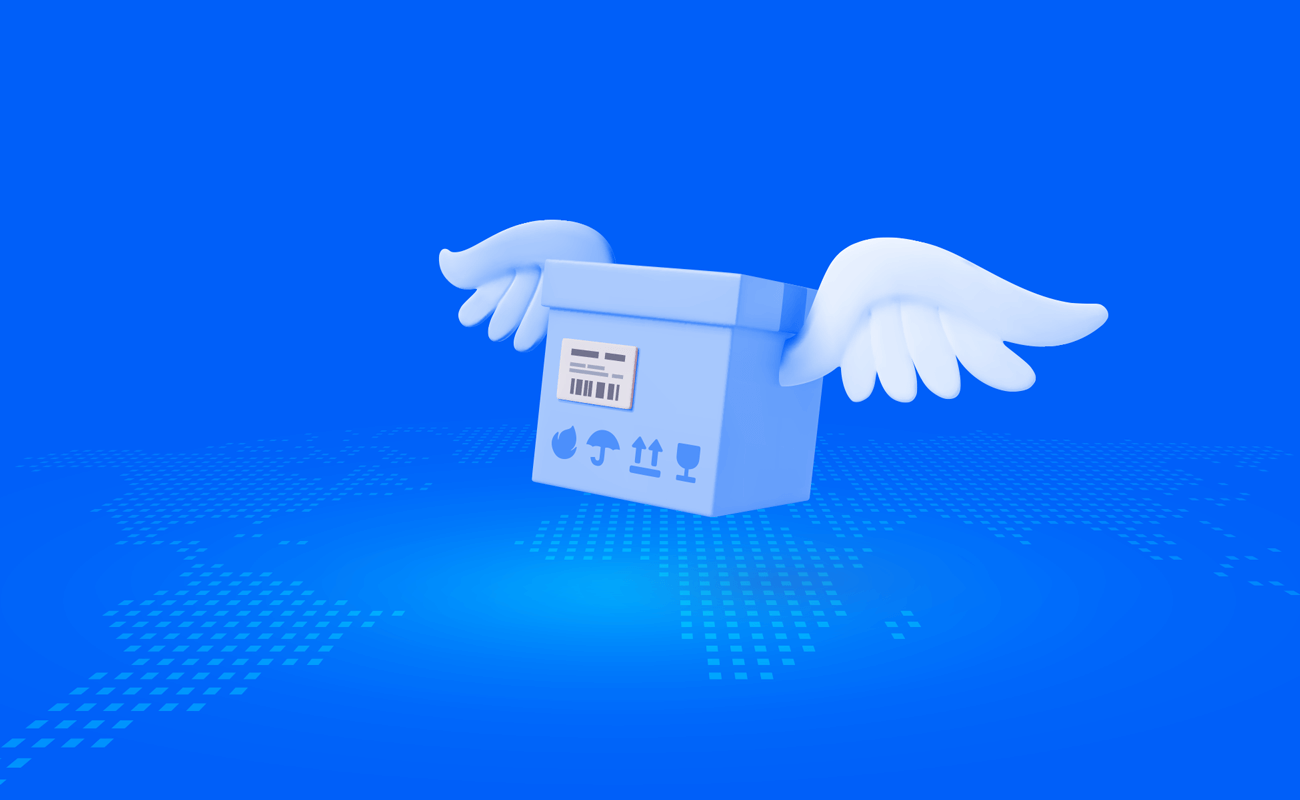
How to start a dropshipping business that makes money in 5 steps
OCTOBER 20, 2022 | USE CASES
Dropshipping is the best online business to start as a beginner. You can make money without having to buy any inventory or handle shipping.
But there are so many outdated strategies and tips out there. It’s hard to know what works.
This guide is different.
We’ll walk you through the exact process of starting a new dropshipping store from scratch. You’ll learn how the business model works, how to find winning products, and everything else you need to know to start a dropshipping business.
If you follow the steps below and put in the work, you can build a successful online store.
How does the dropshipping business model work?
Dropshipping is an ecommerce business model where you sell products online without storing any inventory. When you make a sale, your dropshipping supplier ships the product directly to your customer. You earn a profit without storing or shipping the goods you sell.
Dropshipping is a low-risk way to start an online store. It’s also a booming industry. By 2026, the value of the dropshipping market is forecast to grow to $476.1 billion.
Estimated value of the global dropshipping market size from 2020 to 2026:
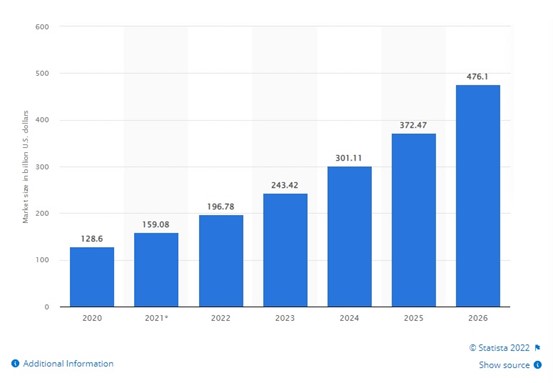 With a low barrier to entry, dropshipping is an excellent option for beginner entrepreneurs. You can test new products and business ideas without investing heavily in stock.
With a low barrier to entry, dropshipping is an excellent option for beginner entrepreneurs. You can test new products and business ideas without investing heavily in stock.
Learn more about this ecommerce model and its pros and cons in our dropshipping guide.
How to start a dropshipping business in 5 steps
Now that you understand a little more about how dropshipping works, let’s look at the things you need to get set up. There are five key elements:
A niche
Products to sell
Reliable suppliers
An online store
Customers
In the steps below, we’ll outline how you can combine these elements into a profitable business model.
1. Pick a niche
The cliché advice is to choose a niche you are passionate about.
It helps if you are interested in the products you sell. But you’re starting a business, not a hobby.
Following your passions isn’t always the best option if the niche is too small or low profit. You want to make sure there’s enough interest and customers for the products you plan to sell.
Google Trends is one of the best free tools for researching dropshipping business ideas. Simply enter a niche topic or product idea, and you can see interest in the keyword over time.
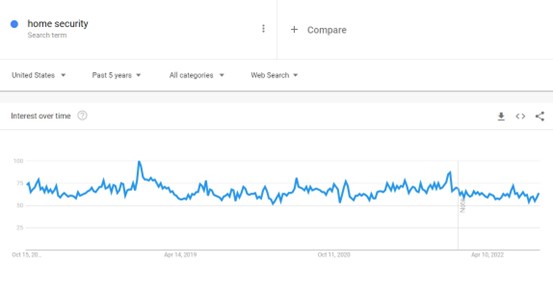 In the above example, you can see interest in home security is consistent. It’s not a temporary trend.
In the above example, you can see interest in home security is consistent. It’s not a temporary trend.
Jumping on trending products can be a great way to make money with dropshipping. But it shouldn’t be the niche for your entire store.
Choose an evergreen niche where you know there will be an audience for your products. When you’re a bit more experienced, you can expand and start dropshipping in multiple niches.
2. Find lucrative products
This is the step that most dropshipping guides overlook. You’re told to look for suppliers without advice on what type of products to look for.
Here’s the step-by-step process to validate a potential dropshipping product.
Let’s say you are in the camping niche and are considering selling USB rechargeable lighters.
The first step is to head to Google Trends and check the interest in the product over time.
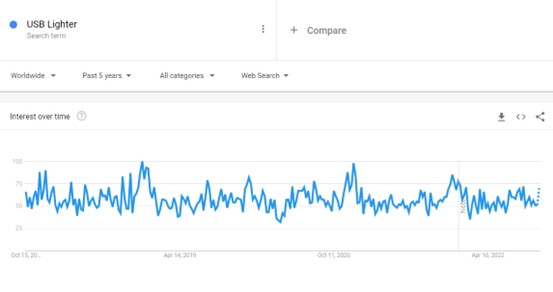 As you can see, interest in the product is fairly consistent. A spike in November indicates that people are likely buying USB lighters as Christmas gifts.
As you can see, interest in the product is fairly consistent. A spike in November indicates that people are likely buying USB lighters as Christmas gifts.
The next step is to check the competition. The easiest way to find competitors is to search Amazon or eBay.
 There are a lot of sellers for our example product. But that doesn’t necessarily mean it’s a no-goer if the market and margins are big enough to make a profit.
There are a lot of sellers for our example product. But that doesn’t necessarily mean it’s a no-goer if the market and margins are big enough to make a profit.
To check the product’s wholesale price, we’ll search for suppliers on AliExpress.
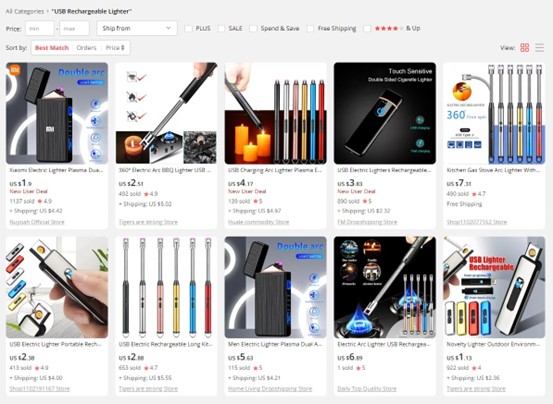 The price varies, but there are plenty of options for around $7-$8, including the shipping fee.
The price varies, but there are plenty of options for around $7-$8, including the shipping fee.
Next, we want to compare the dropshipping price to the retail price on Amazon.
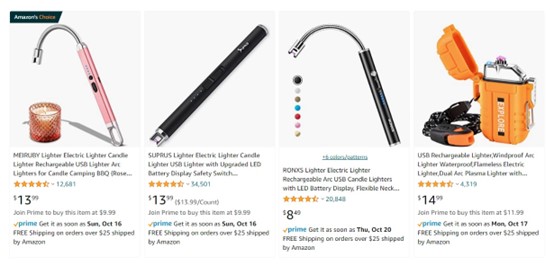 There’s an extensive range, but the average retail price is around $13-$15. So there’s a potential profit of around $6-$8 on every sale. That leaves room to cover marketing and other business costs and still generate a profit.
There’s an extensive range, but the average retail price is around $13-$15. So there’s a potential profit of around $6-$8 on every sale. That leaves room to cover marketing and other business costs and still generate a profit.
Most dropshippers aim for a profit margin of 10%-20% on every sale once they have covered expenses.
Using this system, you can quickly see if a potential product is viable. It will save you a bunch of time and help you narrow in on lucrative products.
3. Find dropshipping suppliers
Choosing a reliable supplier is a vital step for any ecommerce business. But it’s even more important for a dropshipping store where suppliers handle the fulfillment process.
There are lots of popular marketplaces where you can find dropshipping companies, including:
AliExpress
SaleHoo
Doba
Modalyst
Dropified
It’s a good idea to check out multiple marketplaces and suppliers to find the best pricing for your product idea.
Alongside pricing, there are a few other factors to consider when choosing a supplier.
Reliability
It isn’t easy to judge the reliability of a supplier until you start working with them. But many marketplaces remove vendors with multiple complaints about service or product quality.
You can also look at reviews to see how the supplier compares to other vendors and if their customers are happy with the service.
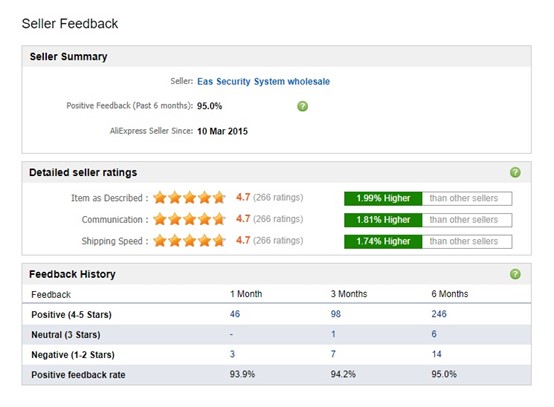 Before you add a product to your store, consider ordering a sample from the vendor. This can help you judge the quality of the product and the shipping process.
Before you add a product to your store, consider ordering a sample from the vendor. This can help you judge the quality of the product and the shipping process.
Return policy
Many dropshipping suppliers avoid returns with a no-refunds policy. But it’s not true for all vendors. If possible, find a supplier that offers a money-back guarantee or free returns.
You also need to ensure your store returns policy is aligned with your supplier. Otherwise, you might have to cover the cost of refunds out of your own pocket.
Shipping
If you’re considering a dropshipping supplier or manufacturer in China, make sure they offer ePacket shipping. ePacket is a fast and affordable international shipping option used by merchants in China and Hong Kong.
Instead of waiting 30+ days for an order to arrive, your customers can get their purchase delivered to their doorstep in around one week.
Shipping can also be a critical factor in choosing dropshipping products. Products need to meet the size and weight requirements for ePacket delivery.
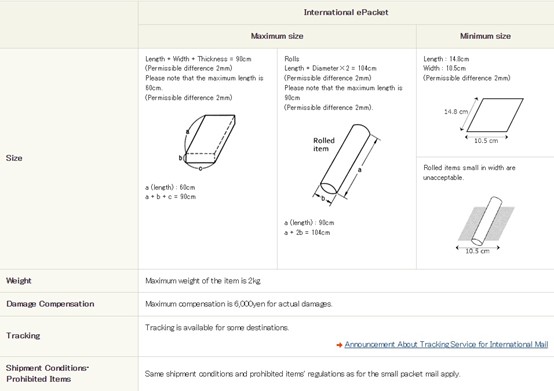 An example of an ePacket option from Japan Post
An example of an ePacket option from Japan Post
If a product is too heavy or oversized, it won’t qualify for ePacket delivery. The added expense and lengthy shipping process will put off many potential customers.
4. Build an online store
With a supplier lined up, the next step is to create an ecommerce store. This is where you’ll send potential customers, sell your products, and accept customer payments.
Using an ecommerce platform like Shopify, you can start a dropshipping store without any experience in coding and web design. Choose from a range of free and paid themes, customize your pages, and add products with just a few clicks.
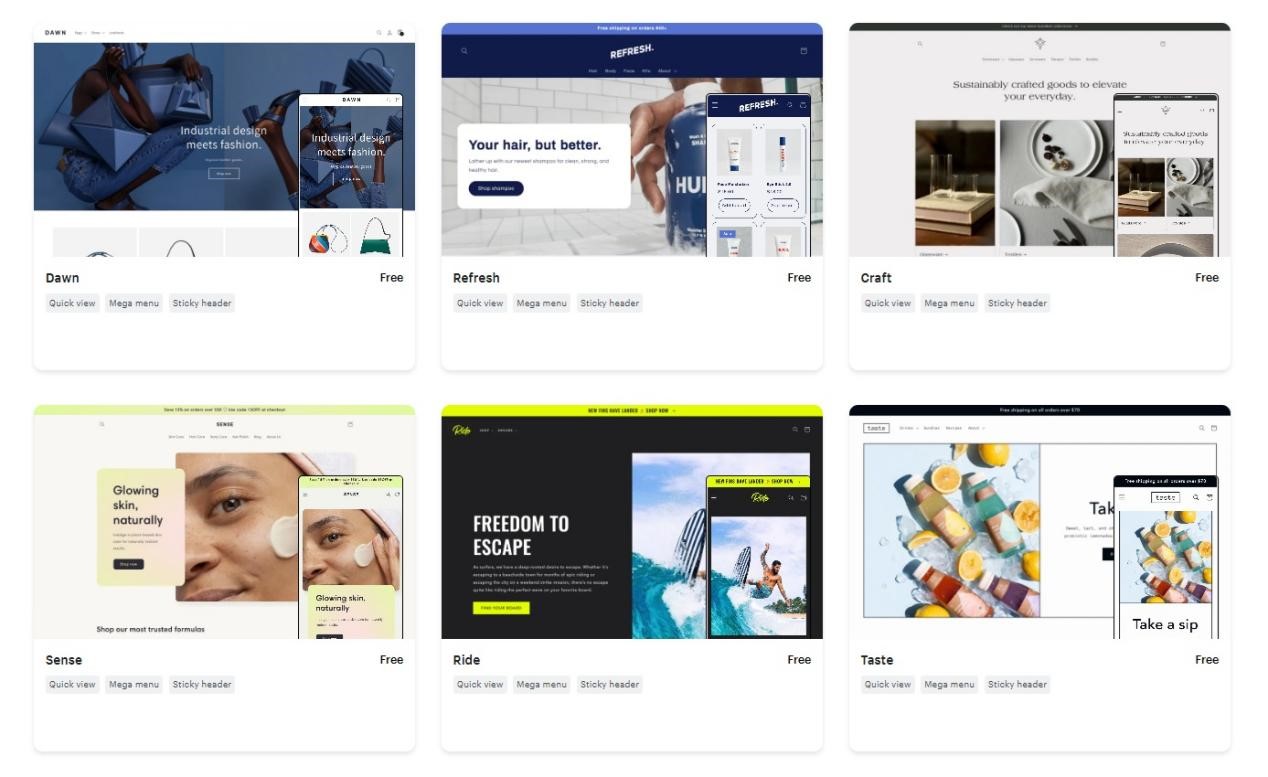 Examples of Shopify themes
Examples of Shopify themes
There are lots of ecommerce apps that you can add to your store. You’ll find apps to do everything from importing third-party customer reviews to setting up a loyalty program.
Shopify also has some apps designed specifically to help dropshippers. For example, apps like Modalyst and Sprocket can help you find dropshipping products and suppliers. They also automate order processing so you can make sales on autopilot.
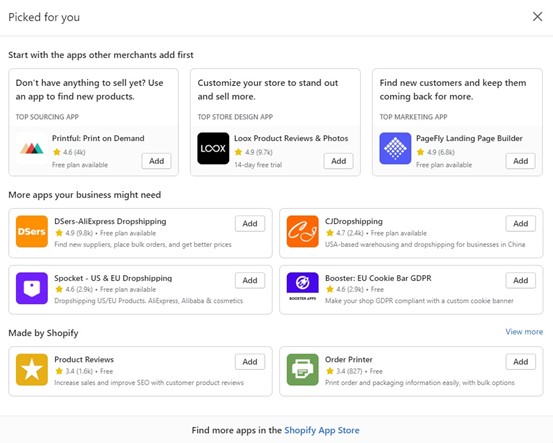 Examples of Shopify integrations
Examples of Shopify integrations
You don’t have to limit yourself to just selling from your online store. Many successful dropshippers also sell on Amazon, eBay, Etsy, and other ecommerce platforms. You can even sell directly on social media platforms like Facebook and Instagram.
Expanding your sales channels can help you reach more customers and increase sales for your dropshipping business.
5. Marketing and promotion
After building your dropshipping store, the next step is to drive traffic to your product pages. You can use a range of marketing tactics to attract potential customers and promote your products.
The right marketing strategy for you will depend on your niche, your audience, and your budget.
Free marketing strategies
If your budget is limited, you should prioritize free marketing tactics. These channels still work well but generally take longer than paid promotion to see results.
Content marketing
Content marketing can be super effective.
You can create blogs, social media posts, and videos about your products and trending topics in your niche. It’s a great way to get your store found and connect with your target audience.
According to the latest B2C Content Marketing Institute industry report, brand awareness is the top objective that marketers achieved with content marketing in the last year:
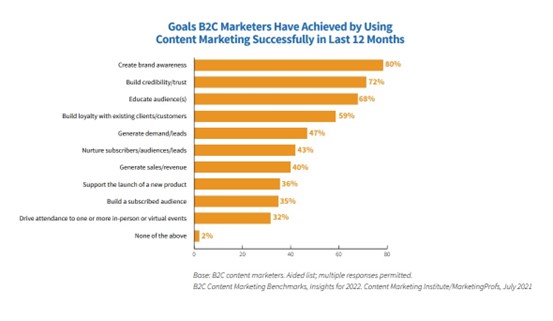 Source: Content Marketing Institute
Source: Content Marketing Institute
Content also plays a vital role in SEO and social media marketing.
Think about the types of content that your audience finds entertaining or educational. Once you’ve attracted potential customers with engaging content, nudge them toward your product pages with compelling CTAs.
SEO
Search engine optimization (SEO) is the process of improving your website so that it ranks higher in Google results.
The foundation of every SEO strategy is keyword research.
You can use free tools like Google Keyword Planner and Ubersuggest to discover the keywords your customers use to find your products online.
An ideal target keyword has a high search volume and low competition. It can be hard to rank for broad short-tail keywords, so look for longer search queries that are less competitive.
 For example, instead of “pizza oven,” you could target the long tail keyword “pizza oven for BBQs.”
For example, instead of “pizza oven,” you could target the long tail keyword “pizza oven for BBQs.”
 Use these long tail keywords in your product descriptions, image alt tags, and meta descriptions to improve your dropshipping store SEO.
Use these long tail keywords in your product descriptions, image alt tags, and meta descriptions to improve your dropshipping store SEO.
Email marketing
Email marketing is one of the best marketing tactics for generating sales. According to Econsultancy, 73% of companies rank email as an “excellent” or “good” marketing channel for ROI.
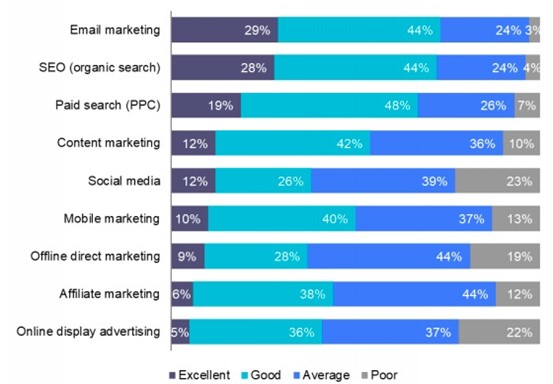 Marketers' rankings of channels for ROI. Source: Econsultancy
Marketers' rankings of channels for ROI. Source: Econsultancy
There are a bunch of free and paid tools that help you automate cart abandonment campaigns and welcome sequences.
When a customer adds a product to their cart but doesn’t complete the checkout process, you can send a reminder email directly to their inbox. A friendly reminder can be all that's needed to encourage shoppers to return and complete their purchases.
Paid marketing strategies
Instead of working to grow your audience organically, you can pay to get your products in front of potential customers. Paid marketing strategies can help you quickly generate sales and grow your dropshipping business.
Facebook Ads
Facebook Ads are the paid advertisements displayed on the Meta network, including Facebook, Messenger, and Instagram.
The most significant benefit of advertising on Facebook is precise ad targeting. Facebook is rumored to collect up to 52,000 data points on each user.
If you know what your ideal customer looks like, you’ll be able to target them with Facebook Ads.
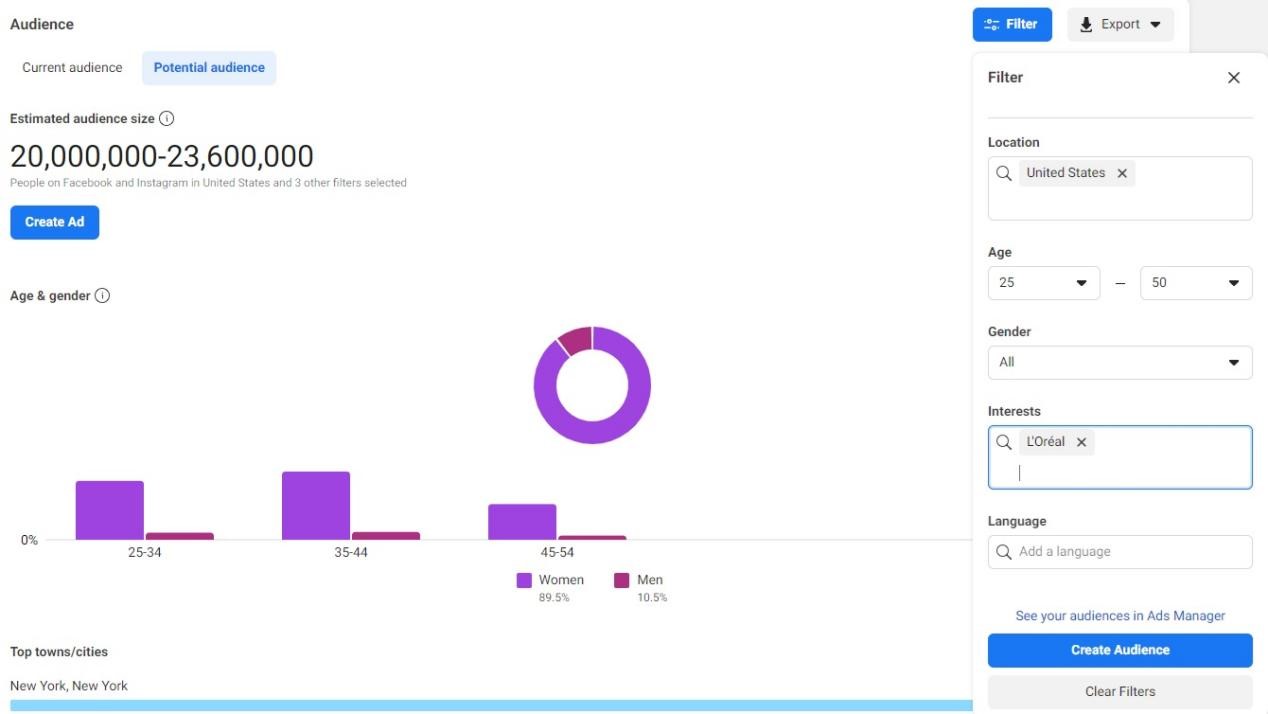 Example of Facebook Ads audience
Example of Facebook Ads audience
One of the most effective types of targeting is Lookalike Audiences. You can upload your existing customer details, and Facebook will use this data to find the people most likely to be interested in your dropshipping products.
Google Ads
Google Ads is the search engine giant’s advertising platform.
On average, it takes around three months for SEO to kick in. That’s a long time before you’ll see your SEO efforts rewarded.
With Google Ads, you can pay to have your ecommerce store appear at the top of search results. You bid against other advertisers to have text ads displayed above the organic search results or as a product listing ad like the examples below:
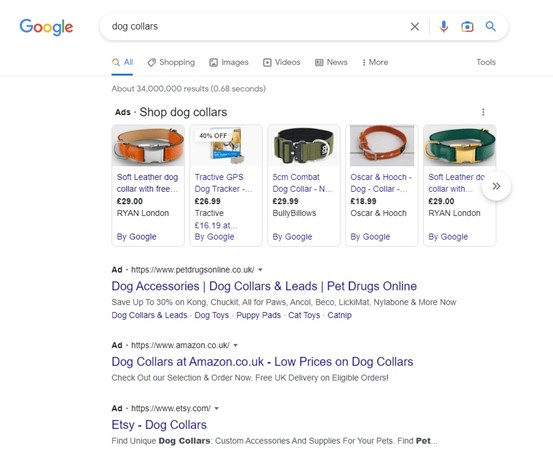 Appearing at the top of the search results page for your target keywords can translate into more clicks and sales.
Appearing at the top of the search results page for your target keywords can translate into more clicks and sales.
Influencer marketing
Influencer marketing is one of the fastest-growing marketing channels. In 2022, the industry was valued at $16.4 billion. Brands are willing to invest so much money because influencer marketing gets results.
You can partner with influencers in your niche and promote your dropshipping products to an audience of potential customers. Because the influencer already has a relationship with their following, audiences are typically more receptive to sponsored content and promotional posts.
Free tools like Inzpire’s Instagram pricing calculator can show you the estimated reach, engagement, and pricing for sponsored posts.
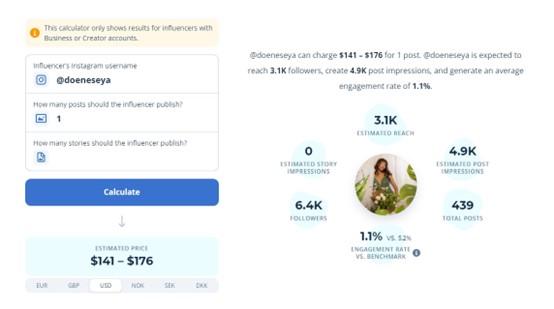 Example of a pricing calculator. Source: Inzpire
Example of a pricing calculator. Source: Inzpire
Smaller micro-influencers with a following of less than 10,000 can be a great investment for your dropshipping business. These influencers typically have high engagement rates and genuine follower counts.
Launch your dropshipping business today
Now you know how to start a dropshipping business. You don’t need a lot of capital, and it’s easy to test new products and niche ideas.
The most successful dropshippers started with a single store before branching out. Once you make some sales, you can reinvest the profits and keep growing. Build new online stores, test new niches, and build your dropshipping business.
Using a tool like Multilogin, you can scale your successful dropshipping business on multiple ecommerce platforms without the risk of account bans. You can protect your key brands with separate secure merchant and ad accounts.
Discover how you can grow your online business with Multilogin in our dedicated dropshipping and ecommerce use case page.
